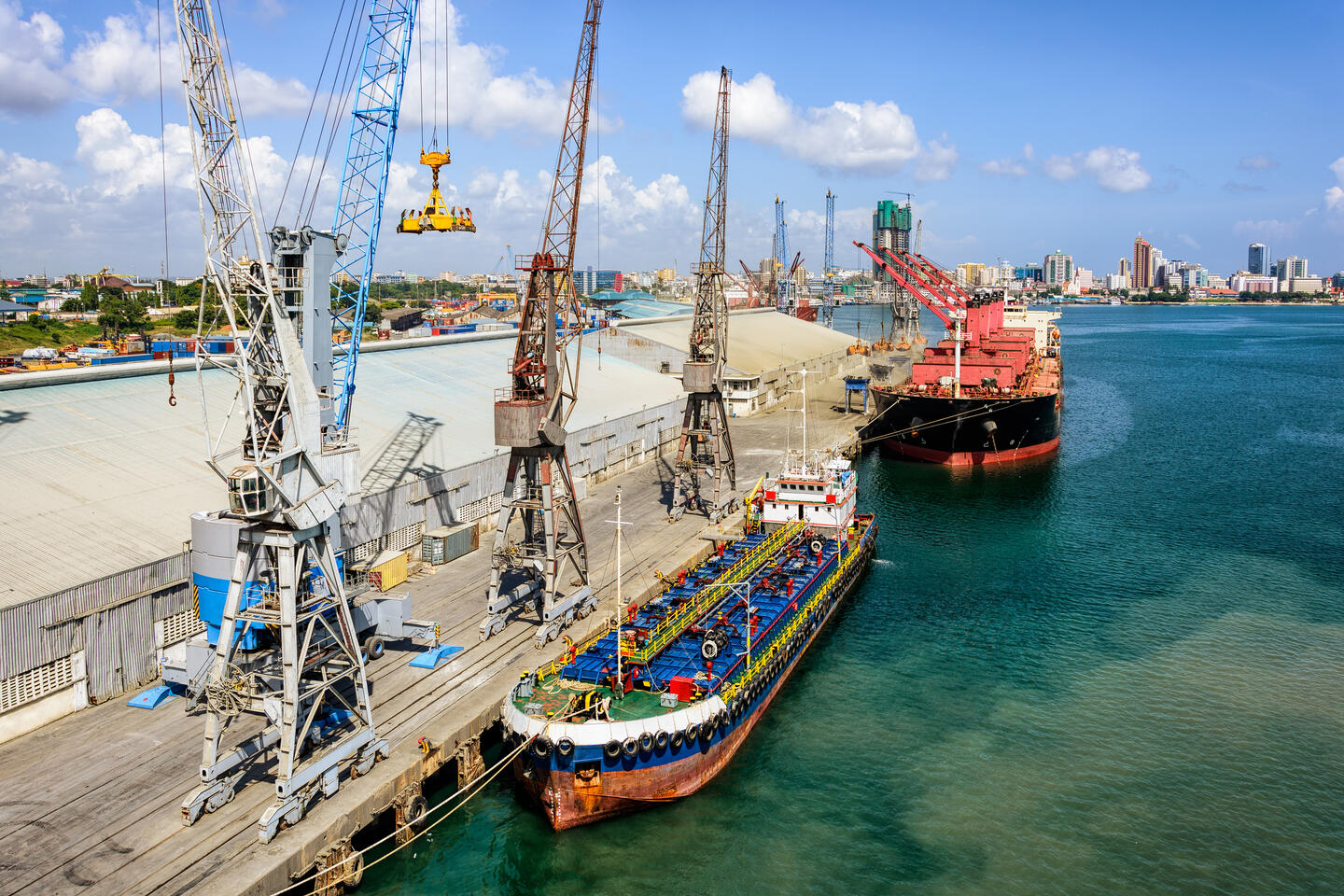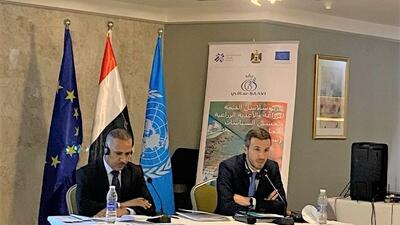
The Commonwealth paves the way for a sustainable blue economy
With 49 of our 56 member countries being coastal and small island member countries, the Commonwealth is a leading advocate for innovative financing mechanisms supporting the blue economy.
Central to our approach is the recognition of the ocean's pivotal role in sustaining life on Earth and driving economic growth for millions of people worldwide. However, the ocean faces a myriad of threats, including overfishing, pollution, habitat degradation, and the impacts of climate change.

To tackle these challenges, through the Commonwealth Blue Charter, we mobilize strategic partnerships and collaborative initiatives with a diverse array of partners, including governments, communities, the private sector, academia, and civil society, to explore innovative financing solutions which prioritize and build sustainability, resilience, and inclusivity.
The lack of traditional financing mechanisms tailored to the unique needs of ocean-related industries is a primary challenge within the blue economy. Unlike terrestrial sectors, maritime activities often require substantial investments in piloting innovative approaches to infrastructure, technology, and regulatory compliance.
This is compounded by the inherent vulnerability of marine ecosystems to environmental degradation and resource depletion, which can increase the perception of risk to investors, further complicating efforts to mobilize finance for sustainable ocean projects. Perceived risk can also increase the cost of capital for small island developing States.

In response to these challenges, the Commonwealth Secretariat is pioneering new approaches to finance which emphasize de-risking, long-term environmental stewardship, and social equity. These approaches centralize the principles of sustainable finance and leverage best practices from member countries, using mechanisms such as debt-for-nature swaps and other blended finance models.
The goal is to unlock private capital for ocean conservation and sustainable development initiatives.
Seychelles and Belize successfully implemented innovative debt-for-nature swaps with the assistance of The Nature Conservancy, reducing their national debt and redirecting funds towards marine protection and ocean conservation, with Seychelles reducing its debt by $21.6 million and Belize by 12%.
Credit Suisse, with other partners, facilitated over $2.3 billion in debt conversions for Barbados, Belize, and the Galapagos Islands, generating substantial savings and unlocking funds for conservation. These initiatives, supported by appropriate fiscal and legal frameworks, demonstrate the potential of debt conversions in promoting sustainable ocean management.

At the heart of the Commonwealth's vision for sustainable ocean finance lies the recognition of the critical role that small business plays in driving economic growth and fostering resilience within coastal communities.
Small businesses, many of which are women-owned, represent the backbone of the blue economy, while making an enormous contribution to employment and economic activity in sectors such as fisheries, aquaculture, tourism, and maritime transportation. However, they often encounter substantial barriers to accessing finance, including limited access to credit, high interest rates, inadequate infrastructure, and regulatory constraints.
To assist them, the Commonwealth Secretariat advocates for policies and initiatives which empower small businesses to thrive in the blue economy. By fostering an enabling environment for entrepreneurship and innovation, Commonwealth Trade and Investment programmes facilitate access to finance, promote capacity building, encourage sustainable business practices, and improve market integration for small businesses operating in ocean-related industries.
In addition, the Commonwealth Small States Trade Finance Facility provides credit guarantees to banks in small states to extend trade credit facilities to small businesses in the sustainable fisheries sector, amongst others.
Through innovation, collaboration, and entrepreneurship, the Commonwealth is paving the way for a sustainable blue economy which promotes environmental conservation, fosters inclusive economic growth, and ensures the well-being of present and future generations.
Together, we heed the call to action, and embrace the transformative potential of sustainable finance to create a world where the blue planet thrives in harmony with humanity.

















